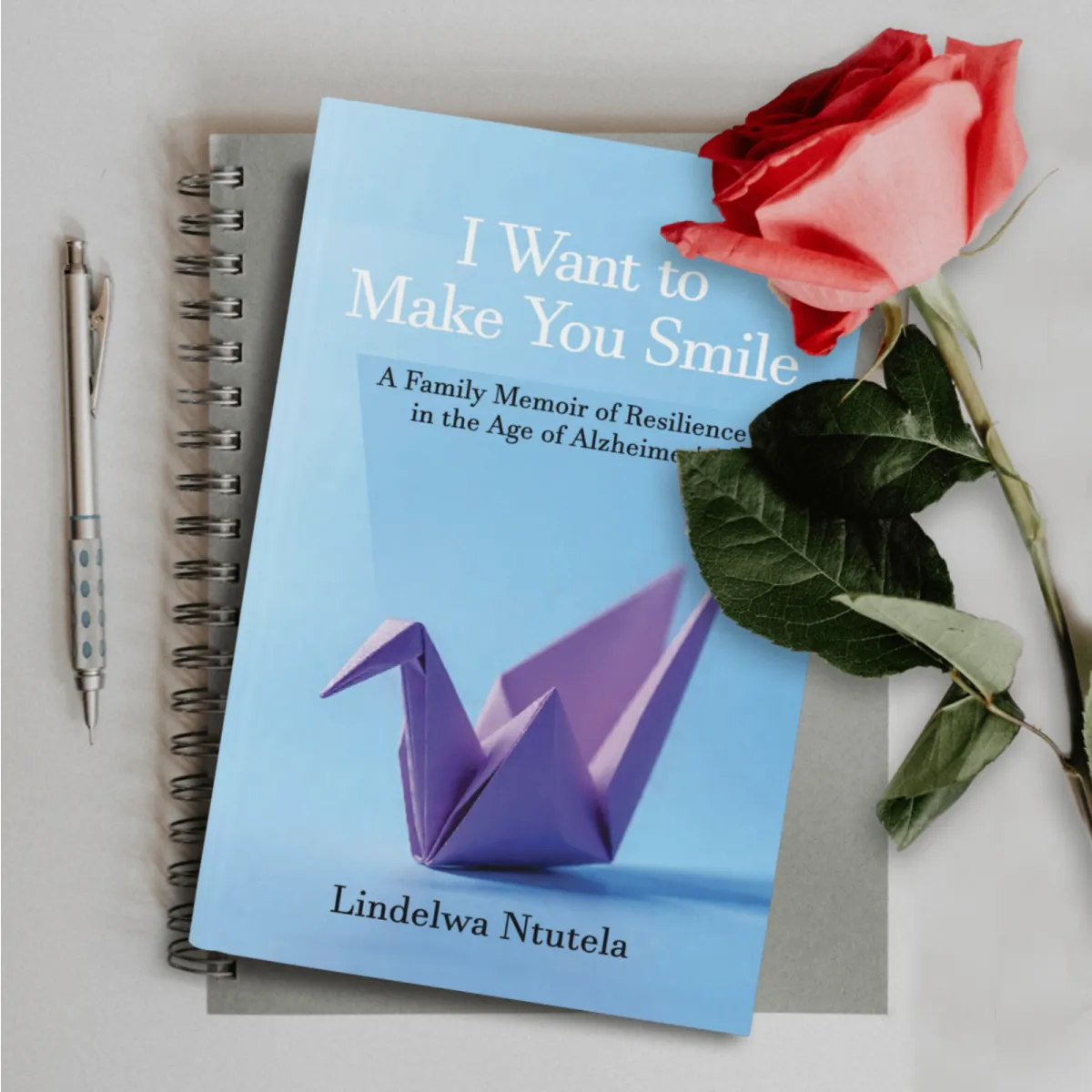Resources
Curious about those melodic Xhosa words dancing through the pages? In the spirit of Ubuntu—our shared humanity—this glossary opens a window into the beauty and meaning behind every phrase and conversation in the story. Each translation bridges our worlds and invites you to become part of this South African journey, where knowledge shared is knowledge multiplied.
Glossary of Xhosa Words,
Phrases and Sentences
Lizalis’idinga lakho: A Methodist Church hymn
Gxadada: A person who walks with a waddle and sways from side to side
Emthonjeni: A well of fresh groundwater for home and village uses
Kanga: A cotton fabric worn by women around the waist to carry a baby safely on their back
Ingqumbo yeminyanya: A novel by A. C. Jordan c. 1940 depicting conflicting forces of Western education and Xhosa traditional beliefs and values. This book title translates into “The Wrath of the Ancestors” in English.
Gogo or Makhulu: A grandmother
Mzana: Gendered name for a girls’ hostel at a boarding school
Mzimkhulu: Gendered name for a boys’ hostel at a boarding school
Khanimeni madoda, kukho umntana apha: Tone down your language, guys; there’s a kid in here!
Amadod’ethu!: Our men!
Lobola: Livestock or monetary exchange that a prospective husband gives to the head of the prospective wife’s family in gratitude for letting him marry their daughter, and for the bride’s family for raising her into a woman. Lobola does not carry the same meaning as the Western notion of “bride price” or “bride wealth.” In its original form, its purpose was to unite as one and spiritually fortify the two families. With the introduction of money under capitalism, greed ensued, and this vital tradition became distorted.
Tsiba: Jump!
Isingqala: When someone cries until they hiccup, an involuntary sobbing
Amadombolo: Delicious dumplings steamed in the gravy of mutton or beef stew
Morogo: African spinach
Ngubani na lo, Ngu Yeye: A poem originating in Xhosa historical reality, illustrating oral literature or folk literature, a genre of literature that is spoken or sung in contrast to written literature
Teketisa: When an adult engages in “motherese,” a kind of baby speak, to interact with an infant or toddler
Nongcathalalana: Name given to a Disney character in the Xhosa language
Matse, matse, matse: Baby language to ‘kichee coo’ an infant or young child in isiXhosa
Asibaxelelanga ke: We haven’t told them anything
Ngu-dumtiriri: A nursery rhyme in the Xhosa language
Akho ngxaki: No worries; there’s no problem
Uphi?: Where are you?
Hayi ke: Oh no
Mntakamama: Child of my mother
Gqithani: Pass (plural, Gqitha–singular)
Yhu hayi imot’wam: Not my car; hands off my car!
Ungalili or ungakhali: Don’t cry, you hear?
Ewe, tata: Yes, daddy
Nank’u tsotsi: Here’s a tsotsi
Akasakwazi unxiba ngoku: She can’t dress herself anymore
Kuya kubanzima: It’s getting more difficult
Uphi umama wakho?: Where’s your mother?
Uphaa kula ndlu inalaa makhulu ongu zincane: She’s in that hut with the mad old lady
Xa ungenemzin’am, dumzela: Not translatable into English
Tyityimba dance: A rhythmic dance of femininity that accentuates the bosom; performed mostly during celebrations and gatherings
Imigidi: Rights of passage or coming-of-age festive events in village settings
Futhi undithukile: You cussed me
Amagwinya: Round pastries of dough cooked in oil; fat cakes or vetkoeks
Iziduko: Xhosa clan names often more important than surnames
Yitya kaloku nceda mntakamama: Please eat daughter of my mother
Se’ndabhideka: I’m confused now
Khandiyeke maan: Leave me alone
Nindijika jika, nindi duva-duva: Tossing and turning me like a play-doll
Hamba maan, su-u-ka-a!: Go away; get away from me
Vula i wardrobe uthathe la lokhwe emhlophe-bomvu uyilungise: Take my red and white dress in the closet, fix it so it fits nicely
I want to make you smile
